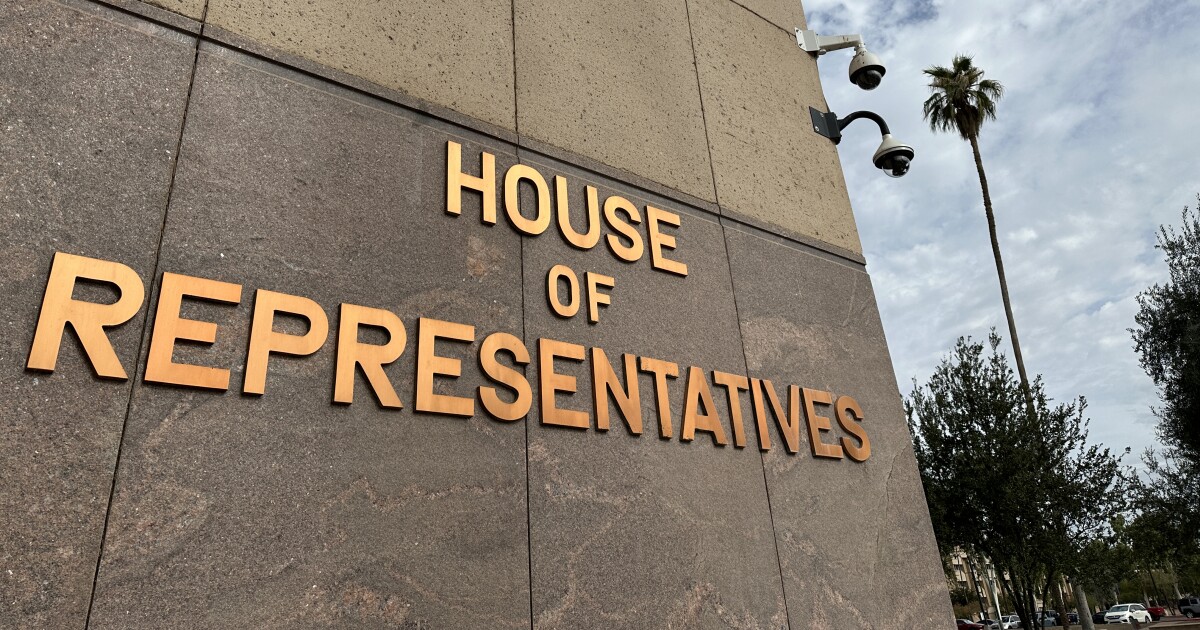WASHINGTON — The ongoing government shutdown poses a significant threat to Head Start programs nationwide, with funding for many hanging in the balance. If there’s no resolution, over 65,000 children across 140 programs in 41 states and Puerto Rico will lose federal grant funding by Nov. 1. The National Head Start Association highlights this impending crisis, as the government allocated approximately $12.3 billion for the program in fiscal 2025.
Head Start funds around 1,600 community initiatives, supporting over 790,000 children during the 2023-2024 period. However, the U.S. Department of Health and Human Services, which oversees these grants, faces furloughs impacting disbursement due to the shutdown. As of Oct. 1, six programs serving 6,525 children missed their grant awards and are now relying on local funds to continue operations. If the shutdown persists, another 134 programs affecting 58,627 children will face similar challenges.
Head Start provides essential services like early education, nutritious meals, and health screenings for low-income families. This discretionary program depends on annual congressional approval, making it vulnerable during shutdowns. Tommy Sheridan from the National Head Start Association stated, “There’s just so much instability … that this is causing.” Despite efforts to mitigate impacts on families, Sheridan warns of inevitable long-term repercussions.
Shutdown standoff
The shutdown commenced on Oct. 1 as Congress failed to allocate funds for federal programs. Democrats seek negotiations over expiring health insurance tax credits but have rejected temporary reopening bills. The stalemate continues as Republicans refuse to negotiate under shutdown conditions. Emily Hilliard, an HHS spokesperson, attributed the funding crisis to the Democrat-led shutdown, emphasizing that “the Trump Administration is committed to reopening the government.”
‘Collateral damage’
Sheridan criticized the shutdown’s political nature, emphasizing it’s not a reflection of Head Start’s effectiveness or lack of congressional support. He noted the program’s “strong bipartisan support” since 1965, viewing the current situation as collateral damage in political battles, affecting working families. Many programs may temporarily operate using alternative funds but face potential closures without federal resources. Sheridan urged Congress to prevent children and families from becoming political casualties.
Consequences for local Head Start programs
Program closures due to funding loss would deprive children of meals and resources, with families losing affordable childcare options, potentially impacting employment. Economic ripple effects could arise if Head Start staff face job losses. Sheridan stressed the importance of community partnerships that depend on Head Start contracts, warning of broader economic impacts if programs cannot fulfill financial obligations.
Program already reeling
Before the shutdown, the program faced turmoil under President Trump’s administration, including delays in grant access and office closures. The HHS Office of Head Start also restricted federal funds for diversity initiatives. A federal judge recently blocked a policy preventing undocumented immigrants from accessing Head Start. Despite these challenges, Trump’s fiscal 2026 budget requests maintaining funding at $12.3 billion. The Senate Appropriations Committee approved a slight increase to $12.4 billion. Sheridan emphasized the program’s resilience through past crises but urged Congress and the president to ensure funding aligns with rising costs.
—
Read More Montana News









